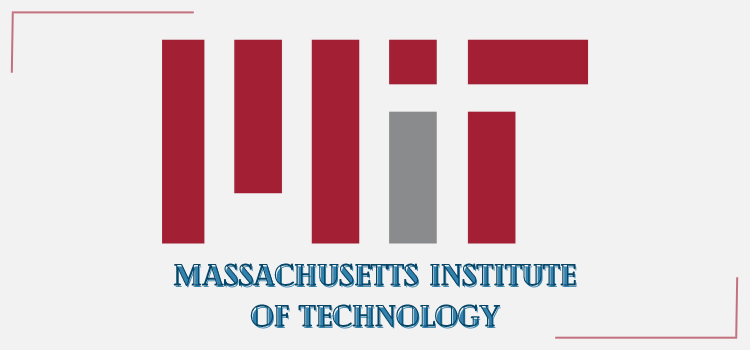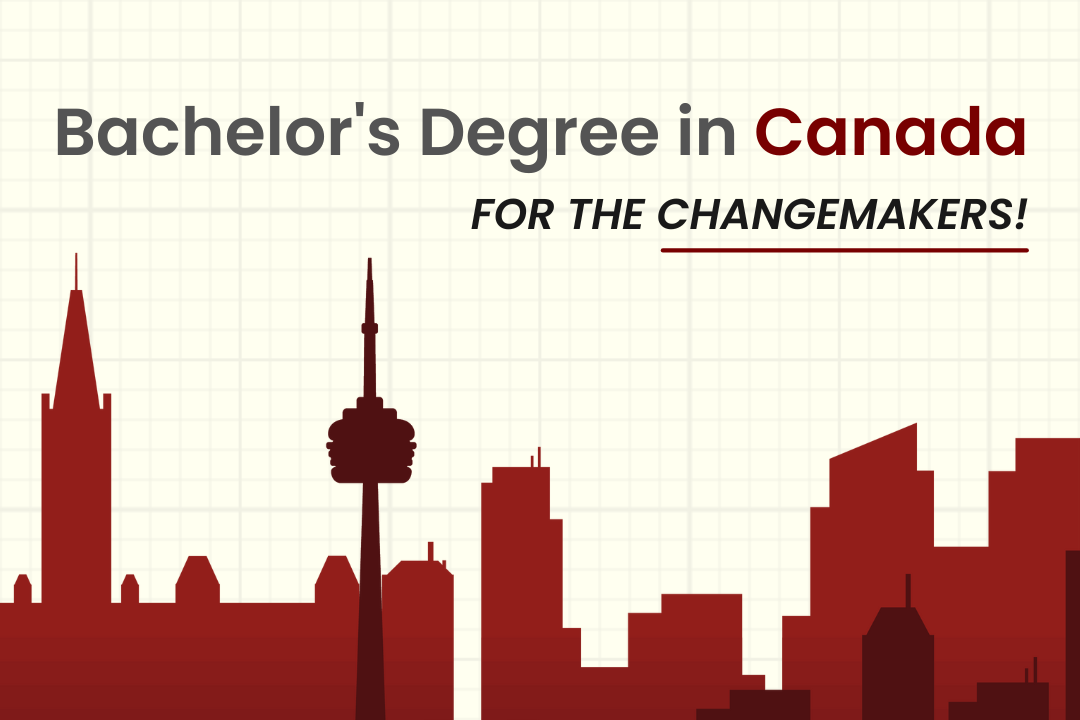
Massachusetts Institute of Technology (MIT) is one of the most prestigious and renowned universities in the world, especially in the fields of science, technology, engineering, and mathematics (STEM). Founded in 1861, MIT has a history of innovation and excellence in research and education, as well as a strong entrepreneurial culture and network. In this article, we will provide a complete guide to MIT, covering its programs, admissions, opportunities, and more.
Programs
MIT offers a wide range of undergraduate and graduate programs in various disciplines and fields. The university is divided into five schools and one college, each with its own departments and faculties. The schools and colleges are:
School of Architecture and Planning
- Architecture
- Urban Studies and Planning
School of Engineering
- Aeronautics and Astronautics
- Biological Engineering
- Chemical Engineering
- Civil and Environmental Engineering
- Electrical Engineering and Computer Science
- Materials Science and Engineering
- Mechanical Engineering
- Nuclear Science and Engineering
School of Humanities, Arts, and Social Sciences
- Comparative Media Studies
- Economics
- Global Studies and Languages
- History
- Linguistics
- Political Science
- Science, Technology, and Society
Sloan School of Management
- Master of Business Administration (MBA)
- Master of Finance (MFin)
- Master of Science in Management Studies (MSMS)
- Executive MBA (EMBA)
- Leaders for Global Operations (LGO)
School of Science
- Biology
- Brain and Cognitive Sciences
- Chemistry
- Earth, Atmospheric, and Planetary Sciences
- Mathematics
- Physics
MIT Schwarzman College of Computing
It has a diverse range of programs designed to equip students with the skills and knowledge needed to thrive in the ever-evolving world of computing.
Interdisciplinary Programs
- Media Arts and Sciences (MAS)
- Technology and Policy Program (TPP)
- Health Sciences and Technology (HST)
Admissions
MIT is one of the most selective universities in the world, with an acceptance rate of around 7%. The admission process is holistic and rigorous and considers various factors, such as academic performance, standardized test scores, extracurricular activities, essays, letters of recommendation, and interviews. The admission process also varies depending on the level and type of program applied for.
For undergraduate admission, applicants must submit the following materials:
- Common Application or Coalition Application
- MIT Application Supplement
- High school transcript and school report
- Standardized test scores (SAT or ACT, and TOEFL or IELTS for international students)
- Two letters of recommendation (one from a math or science teacher and one from a humanities or social science teacher)
- Interview (conducted by an MIT alumni in the applicant’s area)
The application deadlines for undergraduate admission are November 1 for Early Action and January 6 for Regular Action. The admission decisions are released in mid-December for Early Action and mid-March for Regular Action.
For graduate admission, applicants must submit the following materials:
- Online application form
- Transcripts from previous institutions
- Standardized test scores (GRE, GMAT, TOEFL, or IELTS, depending on the program)
- Three letters of recommendation
- Statement of objectives
- Resume or CV
- Writing sample or portfolio (for some programs)
- Interview (for some programs)
The application deadlines for graduate admission vary depending on the program but are usually between December and February. The admission decisions are released between March and April.
Opportunities
MIT offers a variety of opportunities for its students to enhance their academic, professional, and personal development. Some of these opportunities are:
Research:
MIT is a world leader in research, with over 100 research centers and laboratories and an annual research budget of over $1 billion. Students can participate in research projects with faculty members, fellow students, or external partners and contribute to the advancement of knowledge and innovation in various fields. Students can also apply for research grants, fellowships, or awards to support their research endeavors.
Entrepreneurship:
MIT has a strong entrepreneurial culture and network, with many alumni, faculty, and students having founded or co-founded successful companies, such as Dropbox, Intel, Qualcomm, Bose, and Akamai. Students can access various resources and programs to develop their entrepreneurial skills and ideas, such as the Martin Trust Center for MIT Entrepreneurship, the MIT Innovation Initiative, the MIT $100K Entrepreneurship Competition, and the MIT Venture Mentoring Service.
Global Education:
MIT encourages its students to explore the world and gain global perspectives and experiences. Students can take advantage of various global education programs, such as the MIT International Science and Technology Initiatives (MISTI), which offers internships, research, and teaching opportunities in over 25 countries; the MIT Global Education and Career Development (GECD), which offers study abroad, exchange, and service-learning programs in over 40 countries; and the MIT International Students Office (ISO), which offers support and guidance for international students and scholars.
Student Life:
MIT has a vibrant and diverse student life, with over 500 student clubs and organizations covering various interests and passions, such as arts, culture, sports, service, and leadership. Students can also enjoy various events and activities on campus, such as the MIT Festival of Art, Science, and Technology (FAST), the MIT Hacking Arts Festival, the MIT Mystery Hunt, and the MIT Spring Weekend. Students can also access various facilities and services on campus, such as the MIT Libraries, the MIT Museum, the MIT Recreation Center, and the MIT Medical Center.
Conclusion
MIT continues to be a beacon of hope for us as we venture into the fields of science, engineering, and entrepreneurship. It stands for steadfast optimism that education can, in fact, transform the world, as well as for unrelenting desire and curiosity. For those who are lucky enough to attend MIT, the journey is about more than just earning a degree; it’s about becoming a part of a legacy, rising to difficulties, and accelerating global advancement. Without question, the Massachusetts Institute of Technology offers a comprehensive resource for academic excellence, creativity, and a future where the impossible becomes possible.








